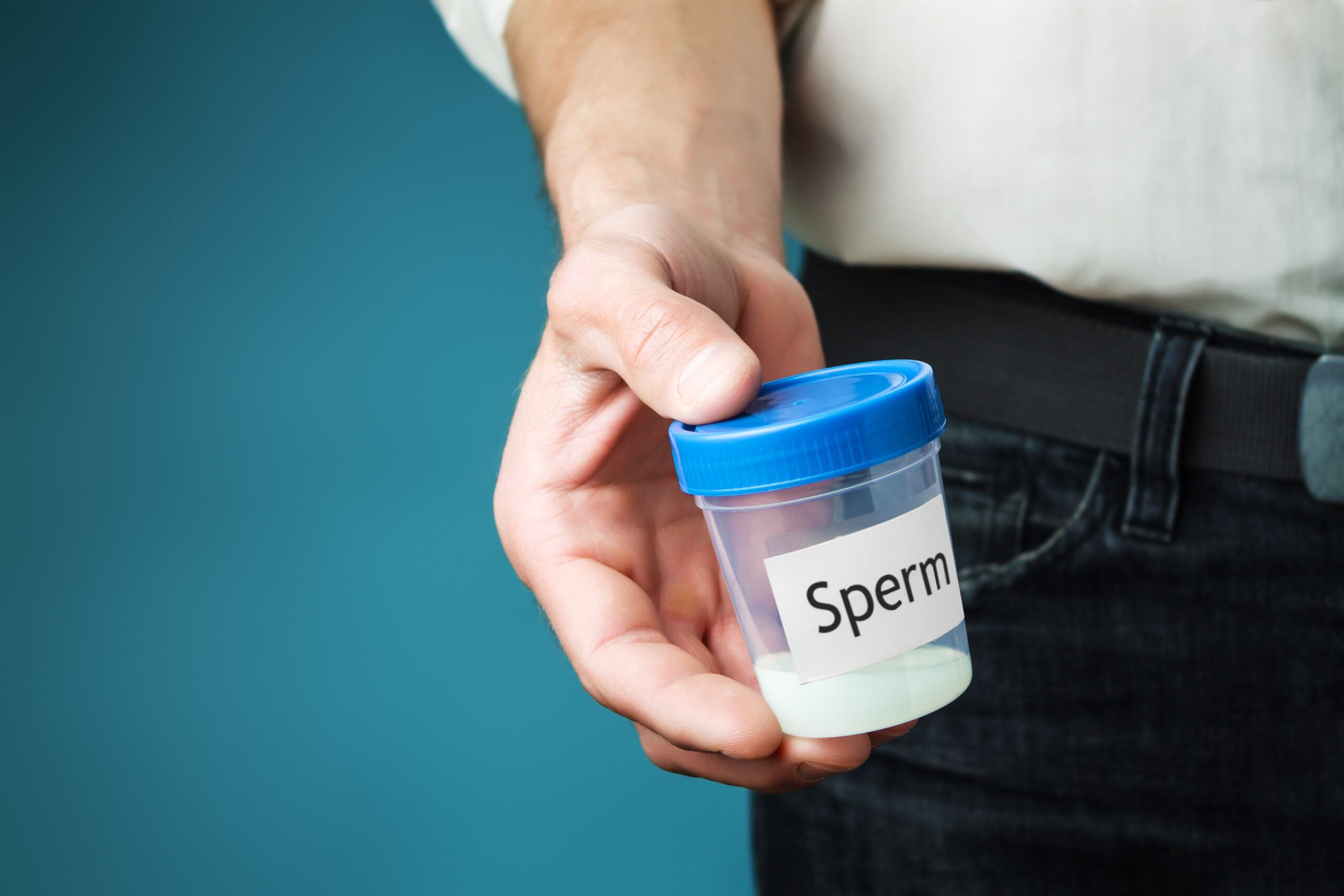Male infertility, particularly low sperm count and poor sperm quality, is a growing concern in today’s fast-paced world. Ayurveda, the ancient system of natural healing, provides a holistic approach to improving male fertility by addressing the root causes rather than just the symptoms. By balancing the doshas, detoxifying the body, and using potent herbal remedies, Ayurveda helps restore reproductive health naturally.
Causes of Low Sperm Count in Ayurveda
According to Ayurveda, male infertility is primarily caused by an imbalance in the doshas—Vata, Pitta, and Kapha—leading to poor Shukra Dhatu (reproductive tissue health). Some common factors contributing to low sperm count include:
- Vata Imbalance: Excessive stress, anxiety, and overexertion can weaken reproductive tissues.
- Pitta Imbalance: Inflammation, excessive heat in the body, and poor digestion can reduce sperm quality.
- Kapha Imbalance: Obesity, a sedentary lifestyle, and excessive consumption of heavy foods can obstruct reproductive channels.
- Poor Digestion and Toxin Buildup (Ama): Accumulation of toxins due to unhealthy diet and lifestyle choices affects sperm production.
- Excessive Sexual Activity: Overindulgence can deplete Shukra Dhatu, leading to weak sperm count and motility.
- Nutritional Deficiencies: Lack of essential nutrients such as zinc, magnesium, and vitamin B12 can impact sperm production.

Ayurvedic Remedies for Improving Sperm Count and Male Fertility
- Herbal Remedies
- Ashwagandha (Withania somnifera): Enhances sperm count, motility, and overall vitality.
- Shatavari (Asparagus racemosus): Balances hormones and supports reproductive health.
- Kapikacchu (Mucuna pruriens): A natural aphrodisiac that improves testosterone levels and sperm quality.
- Gokshura (Tribulus terrestris): Boosts libido and strengthens male reproductive function.
- Shilajit: Increases stamina, enhances sperm production, and balances hormonal levels.
- Safed Musli (Chlorophytum borivilianum): Known for its aphrodisiac properties, it helps boost sperm count and quality.
- Panchakarma Therapy for Detoxification
- Virechana (Therapeutic Purgation): Helps eliminate excess Pitta and toxins from the liver, supporting better hormone metabolism.
- Basti (Medicated Enema Therapy): Strengthens the reproductive system by balancing Vata and nourishing Shukra Dhatu.
- Nasya (Nasal Therapy): Clears toxins from the head region, improving hormonal balance.
- Dietary Recommendations
- Include protein-rich foods, such as nuts, seeds, dairy, and legumes, to nourish reproductive tissues.
- Consume healthy fats, including ghee, coconut oil, and nuts, to enhance testosterone production.
- Eat zinc and magnesium-rich foods, like pumpkin seeds and spinach, to improve sperm quality.
- Avoid processed foods, excessive caffeine, and alcohol, as they contribute to toxin buildup.
- Stay hydrated and consume herbal teas with ginger, cinnamon, and fenugreek for better digestion and blood circulation.
- Lifestyle Modifications
- Engage in regular exercise, including yoga and pranayama, to enhance blood flow to reproductive organs.
- Maintain a healthy sleep cycle to support hormone regulation and sperm production.
- Reduce stress through meditation, mindfulness practices, and deep breathing techniques.
- Avoid excessive use of electronic devices and exposure to heat (such as saunas and hot baths), which can negatively impact sperm quality.
How Ayurveda Ensures Long-Term Fertility Health
Ayurveda not only improves sperm count and motility but also enhances overall vitality and energy levels. By adopting a disciplined lifestyle, a nutritious diet, and Ayurvedic therapies, men can restore their reproductive health naturally and effectively. Consulting an Ayurvedic practitioner for personalized treatment is recommended for the best results.
Conclusion
Low sperm count and male infertility can be successfully managed through Ayurveda by detoxifying the body, balancing the doshas, and using powerful herbal remedies. By embracing Ayurvedic principles, men can improve their reproductive health, increase fertility, and enhance overall well-being in a natural and holistic way.

